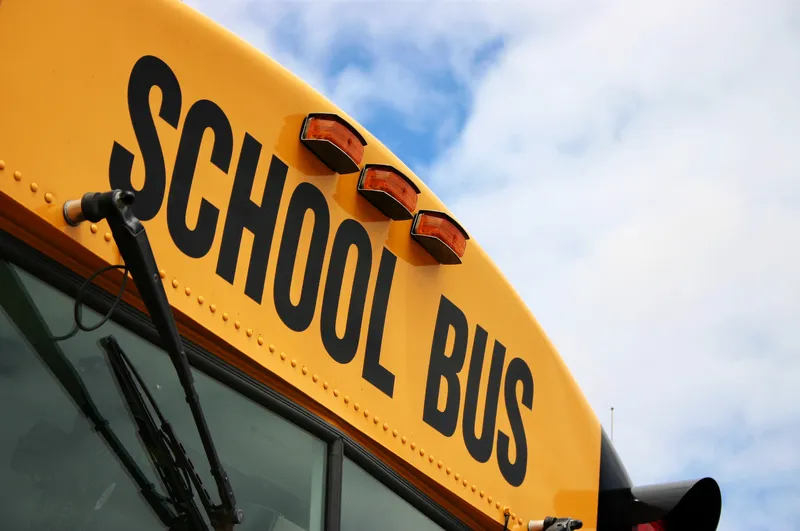Proterra is to supply battery-electric buses and charging stations to the Virginia Department of General Services in the US.
Proterra says the contract allows transit agencies, universities and institutions to purchase its battery-electric buses and charging systems. Transit agencies from other US states can also utilise the contract to simplify the process of purchasing electric buses, the company adds.
Ryan Popple, Proterra CEO, says: “We can be on a quicker path to reduce our dependence on fossil fuels, remove harmful pollution from our air and leverage more energy-efficient technology to power our transportation systems.”
The buses feature a lightweight composite body, electric drivetrain technologies and a connected vehicle intelligence system.
As part of the agreement, the company is offering its Proterra Energy fleet solutions to help customers transition to an all-electric fleet.
Transit agencies can also utilise a battery leasing programme which, Proterra says, reduces the upfront cost of electric buses to be competitively priced against diesel.
Proterra supplies battery-electric buses to Virginia
Proterra is to supply battery-electric buses and charging stations to the Virginia Department of General Services in the US.
Proterra says the contract allows transit agencies, universities and institutions to purchase its battery-electric buses and charging systems. Transit agencies from other US states can also utilise the contract to simplify the process of purchasing electric buses, the company adds.
Ryan Popple, Proterra CEO, says: “We can be on a quicker path to reduce our dependence on fossil fuel
July 16, 2019
Read time: 2 mins









